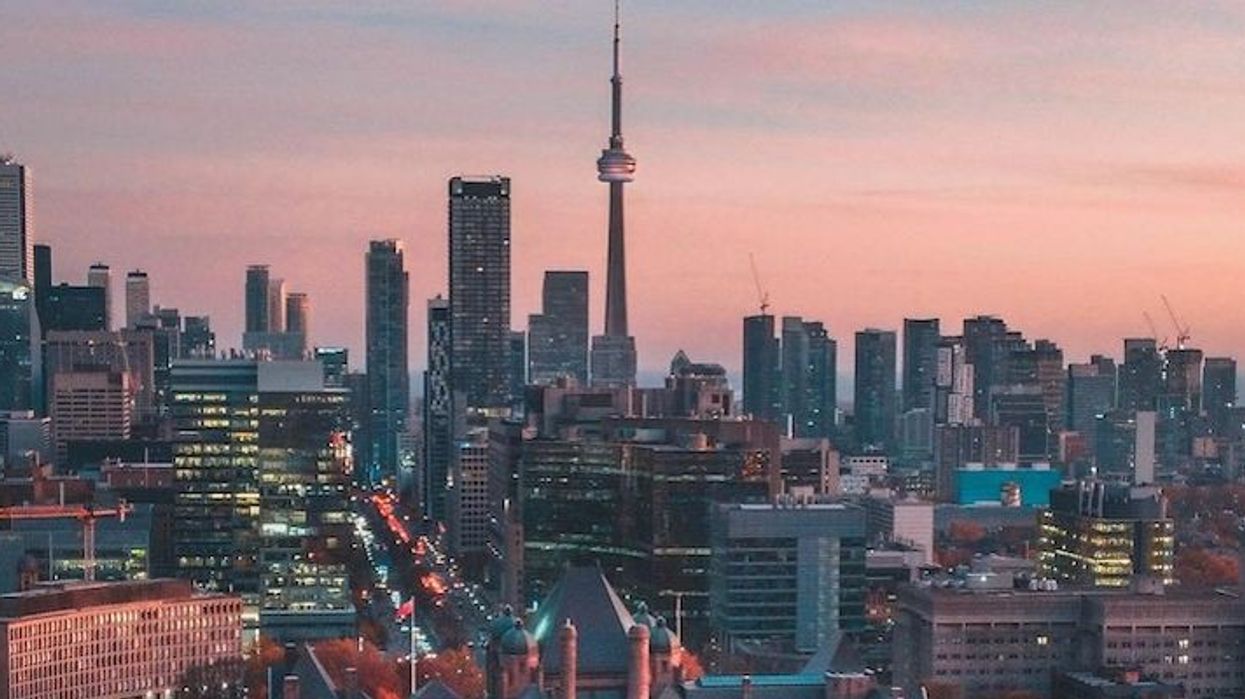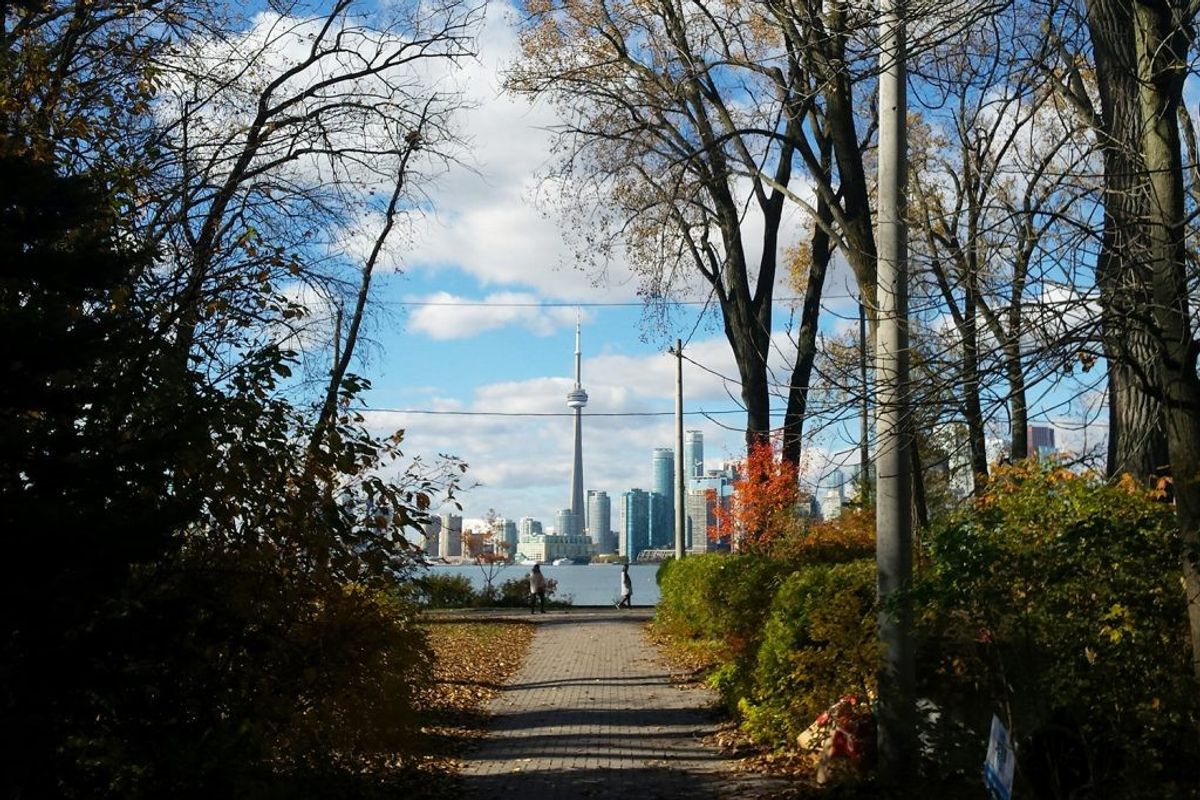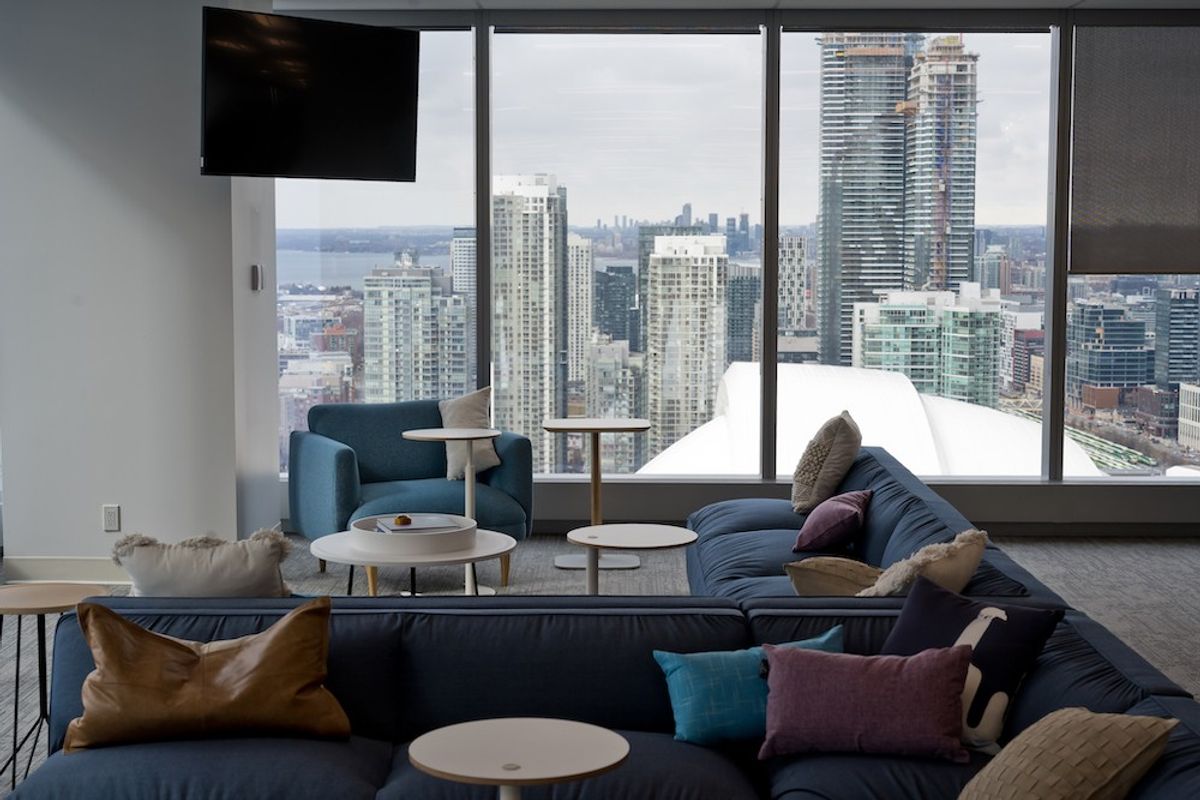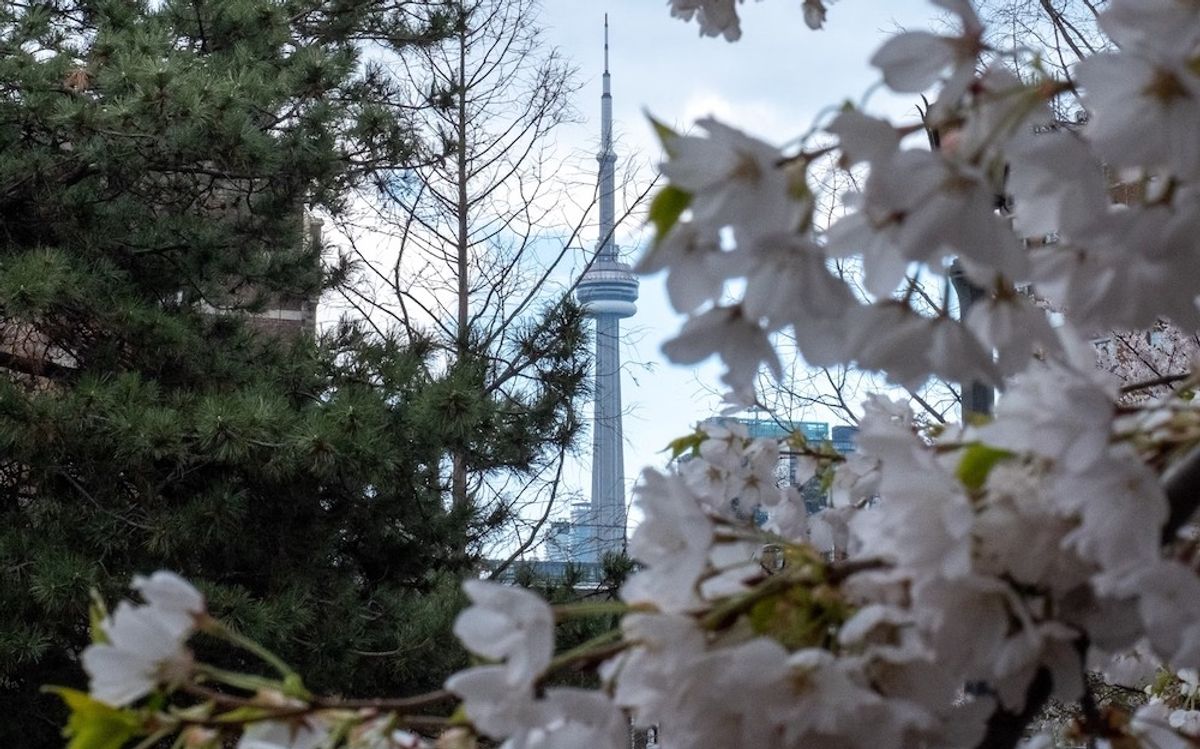Home-sharing giant Airbnb released background paperwork for its upcoming IPO earlier this month, moving forward with its plans to go public amid a year riddled with challenges after the coronavirus pandemic brought the travel industry to a near standstill.
Airbnb -- which was founded in 2008 -- will go public in a December 2020 IPO. With at least four million hosts and 7.4 million listings of home rentals and experiences that range from city food tours and guided wine tours to mountaintop yoga and pottery classes, and everything in between, The Wall Street Journal reported that the home-sharing giant is expected to garner a valuation of about $30 billion.
In the lead-up to the IPO, Airbnb publicly filed its prospectus with the Securities and Exchange Commission on November 16 and disclosed numbers that show how its 13-year-old business has survived the pandemic.
“We started writing this letter in March. Then the pandemic hit,” co-founder and Chief Executive Brian Chesky said in a letter included in the filing. “When borders closed and travel stopped, our business declined by nearly 80%… I don’t think many people expected us to go public this year. I know some people questioned if we’d make it at all.”
READ: Airbnb Shuts Down 40 Listings Across Ontario in Effort to Crack Down on Party Houses
Despite living amid the pandemic restrictions that halted travel, Airbnb still managed to post a third-quarter profit of $219 million, due in part to a rebound in its business but also because of aggressive cost cuts and an overhaul to its business that it made in the spring.
What's more, in its IPO report, Airbnb also shared regulatory considerations in what it considers its ten largest cities; one of which is Toronto.
"We operate in approximately 100,000 cities across more than 220 countries and regions, and we are subject to various local laws and restrictions at the city, state, and country-level," reads the report.
"These laws and restrictions are dynamic. Many were instituted decades ago and did not envision Airbnb. We seek to work with governments to establish clear, fair, and workable home-sharing rules to create clarity for our hosts. As of October 2019, approximately 70% of our top 200 cities by revenue before adjustments for incentives and refunds have some form of regulation."
The report says that in 2019 and the first nine months of 2020, no single city accounted for more than 1.5% of Airbnb's listings or 2.5% of its revenue before adjustments for incentives and refunds. Additionally, in 2019 and in the first nine months of 2020, 11.9% and 6.8%, respectively, of Airbnb's revenue before adjustments for incentives and refunds came from the top 10 cities.
"Incentives include our referral programs and marketing promotions to encourage the use of our platform and attract new customers, while our refunds to customers are part of our customer support activities. We do not believe that the current regulations in our top 10 cities, in the aggregate, have had or are expected to have a material adverse impact on our results of operations and financial condition"
According to Airbnb, its top ten cities include London, New York City, Paris, Los Angeles, Rome, Barcelona, Tokyo, Toronto, San Diego, and Lisbon.
As for Toronto's regulatory considerations, Airbnb says that in December 2017, short-term rental regulations were enacted in the city. Among the main requirements, hosts must register with the city; the listing must be the host’s primary residence; hosts can rent up to three rooms or their entire home, and there is a 180-night cap per year on entire home listings.
"The regulations became effective in September 2020, and the city indicated that all hosts will need to be registered as short-term rental operators by late fall 2020," reads the report.
"In addition, short-term rental platforms will be required to obtain a license from the city and ensure that all listings have valid registration numbers and provide a process for removal of non-compliant listings."
Recently, pressure from the pandemic has led many Airbnb owners to rush their units to the rental market, with some Airbnb-heavy buildings seeing more than a 250% surge in rental listings as quickly as this past June.
Looking ahead, the San Francisco-based tech giant says it will continue to collaborate with policymakers to implement sensible legislation in more cities around the world.





















